How Google in London trained on Android N
Hi, Habr!
Recently, Google organized a two-day training on the new version of the Android system (under the letter N) for application developers. And I want to tell you how secret and not so much knowledge is shared with us.

The official name of the training was “Android N Labs”, I got on it as an Android GDE, but besides other GDE there were also representatives of some large software companies who became famous for their mobile applications. In total, about 100 people gathered - the audience gathered from all over Europe. Campus location - Campus London, this is coworking in the very center of London City, the event was held in a large conference room, where everyone was able to comfortably accommodate, the benefit of the seats was slightly more than the people who came.
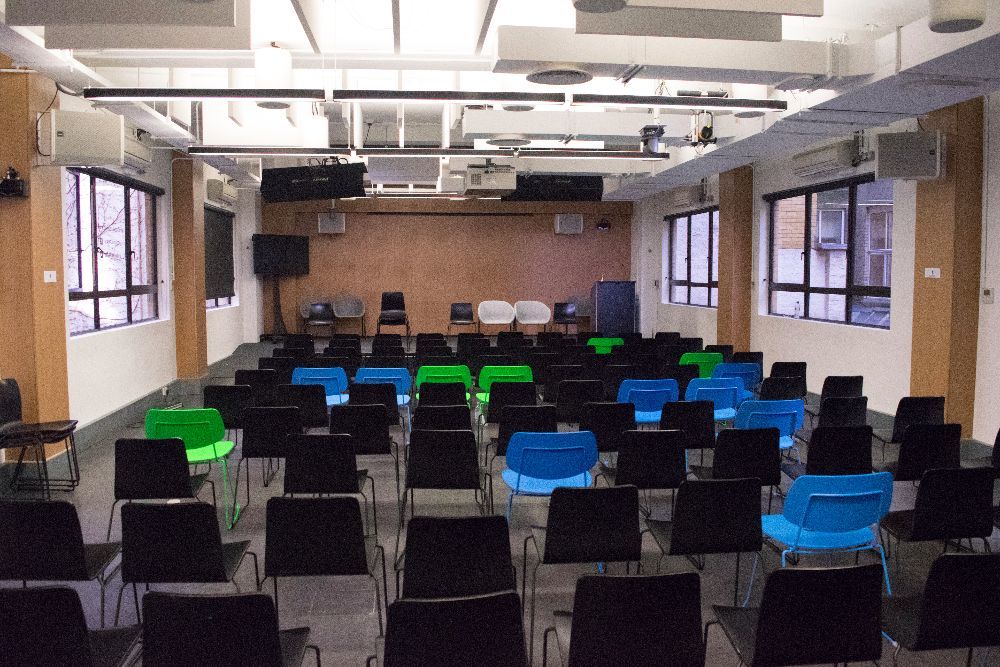
')
According to the N Labs format, they resembled any IT conference: lecture sessions with short breaks. However, it was only on the first day. On the second day, the team of speakers arranged a large-scale Q & A, when you could ask literally everything you want, and they either answered you at once, or they wrote down the question and promised to answer when they figure it out.

The most interesting thing that happened at the event was, of course, the speakers and their reports. Google employees acted from both the London office and those who came from the Mountain View itself. Therefore, information could be obtained literally at first hand. After each session, there was a small (and for some topics - more than an hour) the time for Q & A. The audience gathered a great many questions about new features and even more about old ones. At the same time, the team of speakers apparently was expecting a reverse balance, so at some point Q & A developed into a feedback from the application developers to the platform developers.
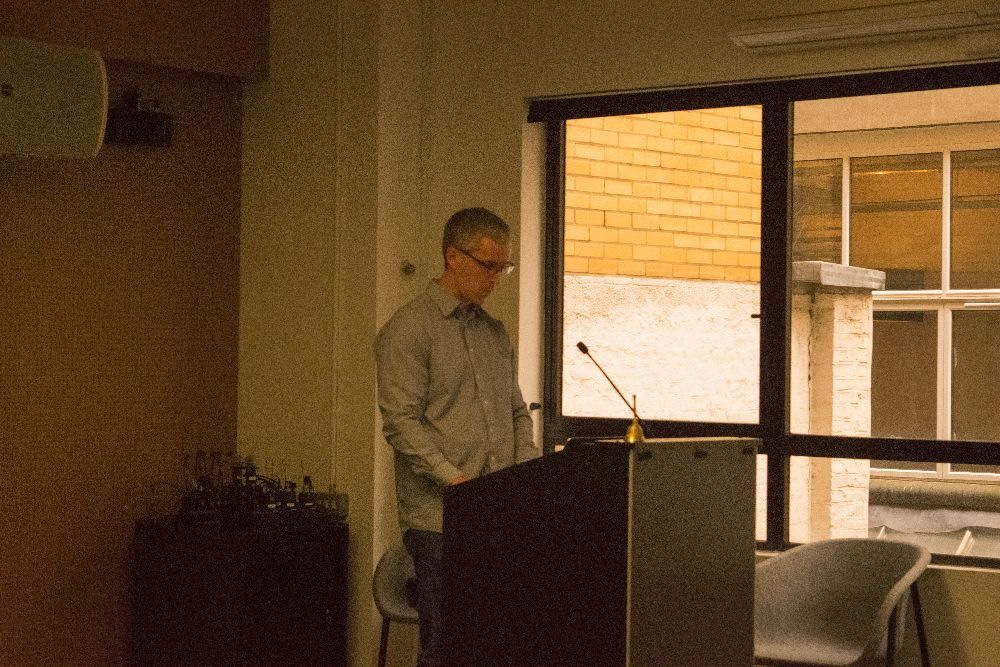
During breaks in theory, it was possible to find a speaker on a specific topic and question him in more detail. In practice, the queue for the speakers was going to be like a mausoleum and to have time to ask something before the next report could only be reached by the third or fourth speaker. This complexity was compensated by several “office hours” on the second day, when the whole team did nothing to answer questions, so anyone could approach, tell or show their problem and get advice on how to solve it.
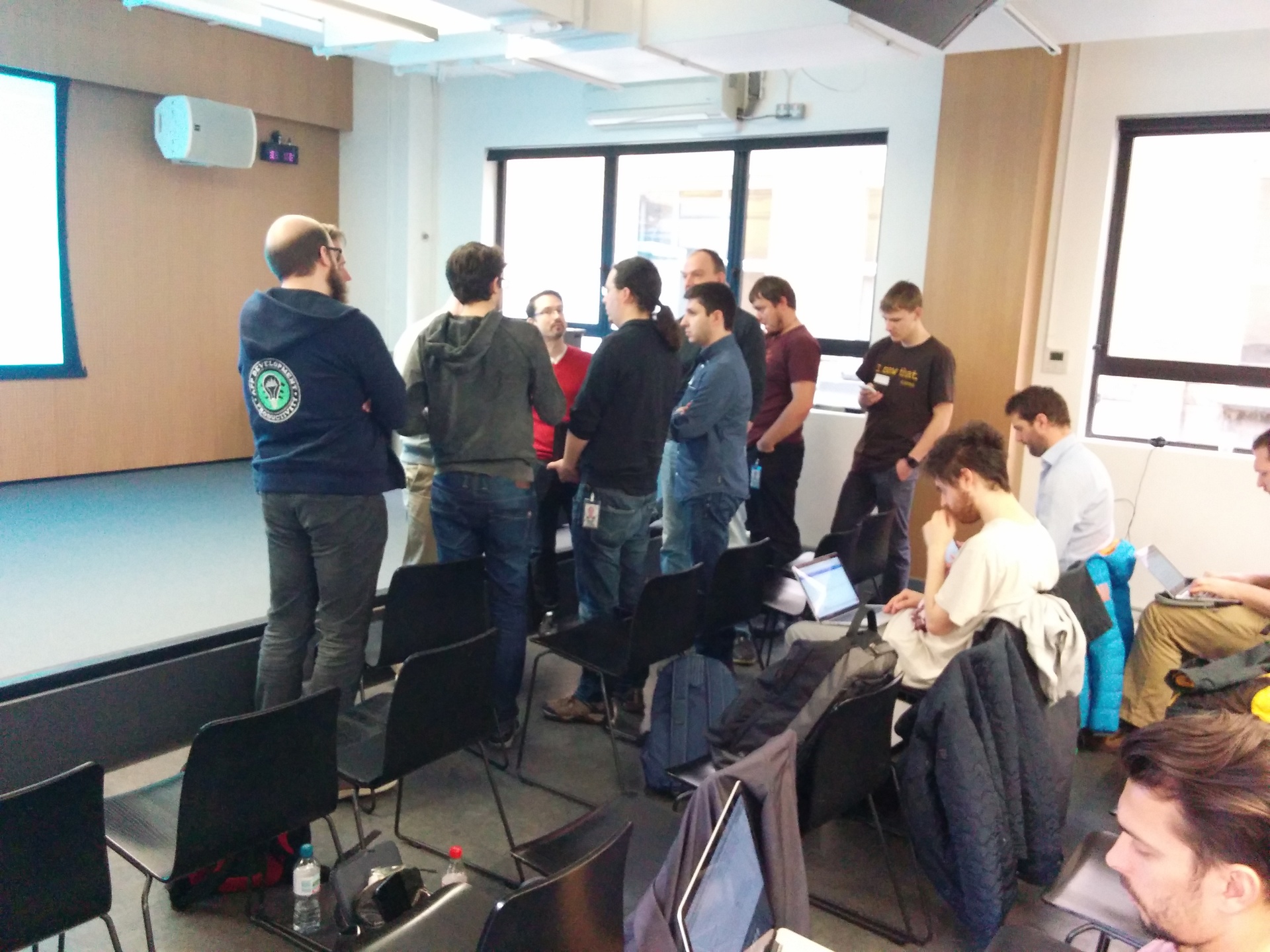
During the event, almost all the changes that will occur in the upcoming release of the platform were touched upon. Most of the information is already available to the general public . You can also take a preview version of the system and try new technologies today. However, I do not recommend to put a preview on your main device, because before the release bugs and unstable work of both the system and applications on it are possible.
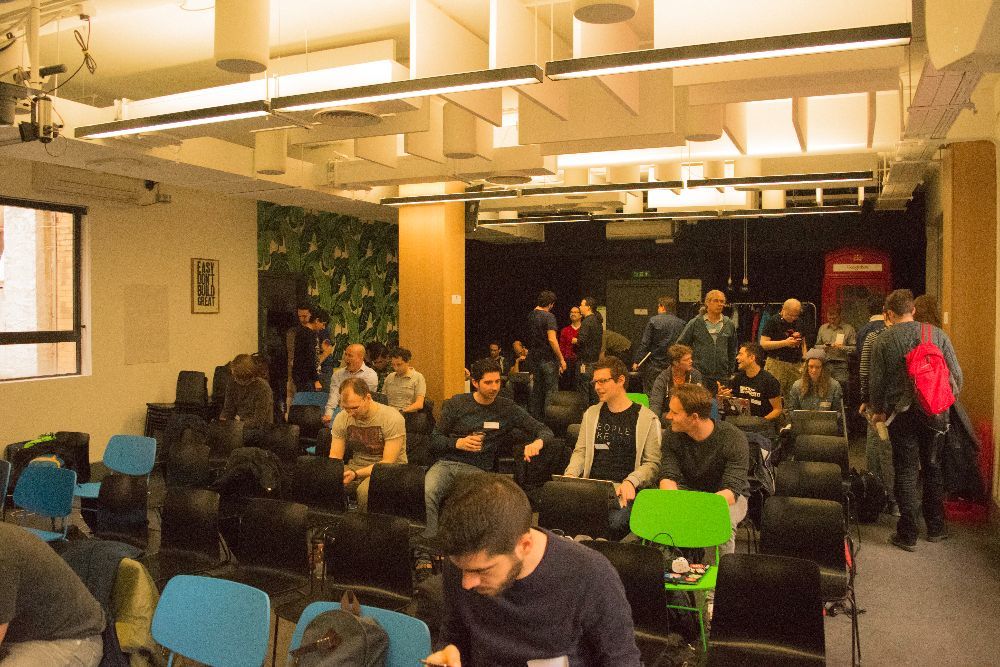
Unfortunately, it is impossible to tell a lot about the topics of speeches and the content part, because the event was of a closed nature. However, some details still want to reveal.
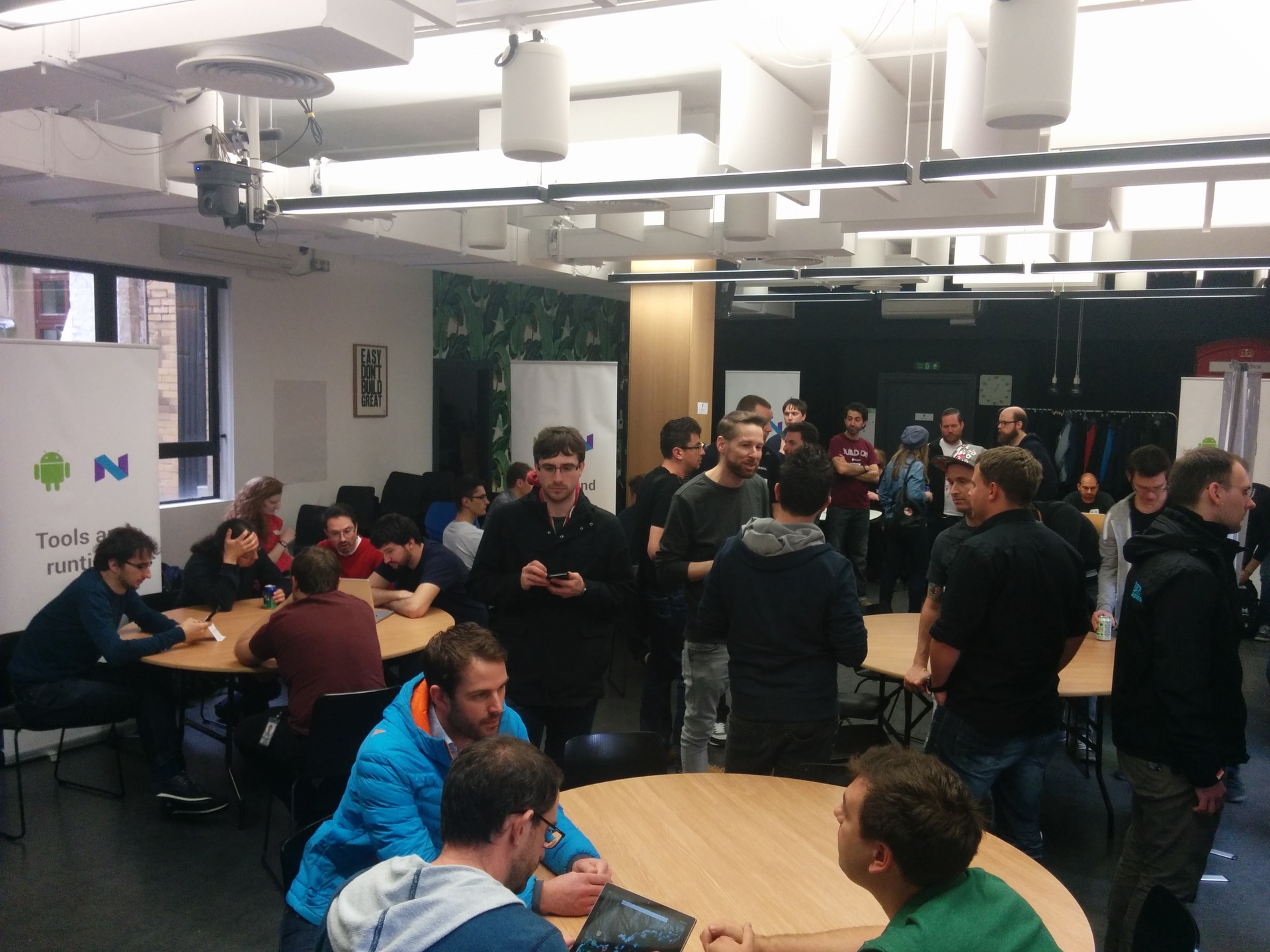
Of the innovations, the most enthusiastic among the public was, undoubtedly, the Multi-window mode. This innovation allows you to simultaneously run two applications on one screen. Developers had many questions about changing the life cycle of a UI component and design to support the new mode. In general, it turned out that there are not so many changes for the developer, the main thing is to develop a design for small resolutions that were previously considered practically unused.
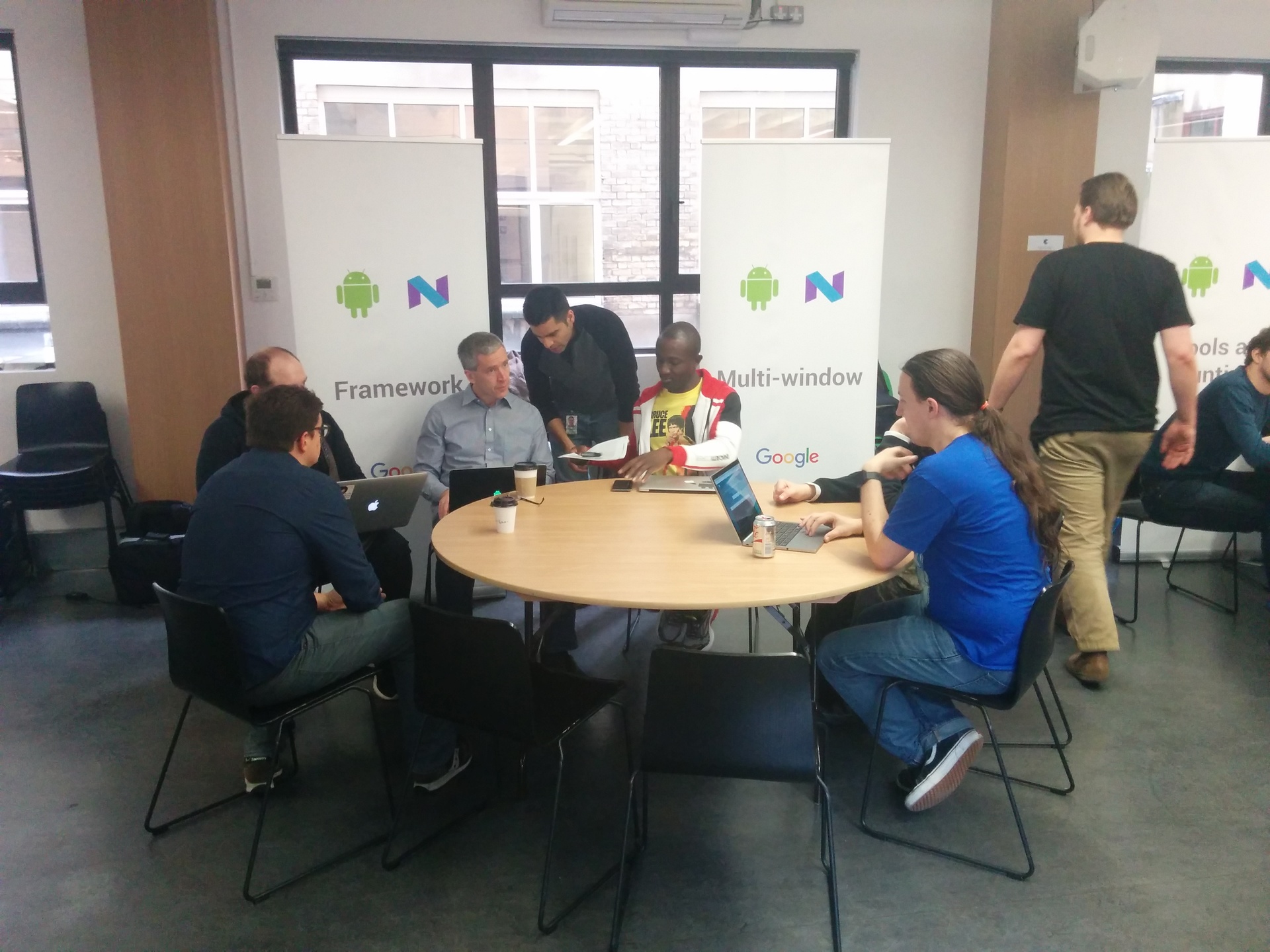
Also, the excitement caused reports about changes in Doze Mode, and the general approach to background-processes. In short - we are waiting for even more restrictions on how we can use the system while our application is inactive. It is highly recommended to use JobScheduler to perform background operations and not rely on Alarm and Broadcast Intents.
The third most popular report was a new runtime that combines the approaches of “Ahead of time” and “Just in time”. In the new version of the system, applications will not be fully compiled in advance (forget about the long wait each time the system is updated, this time is promised to be reduced by more than ten times). Instead, each application launch will be profiled, and information on the “hottest” parts of the code will be used for subsequent recompilation, the purpose of which is to optimize the application. As a result, the process should converge and the user will receive a fast application without excessively long waiting for installation.
In addition, there was a very interesting report on the new Java-compiler - Jack. This is a new technology that will allow you to compile DEX files right away, bypassing the intermediate .class artifacts generated by the current compiler. For developers, this also provides support for Java 8, however, some features will be implemented not quite in the same way as on other JVMs. For example, lambda functions will be represented by anonymous classes, with all the ensuing consequences.
The event turned out to be interesting and very unusual for me personally. It is not every day that there is an opportunity to talk face to face with the people who make the technologies with which you create applications. Many thanks to the GDE program for this opportunity!
Your humble servant

And his companion
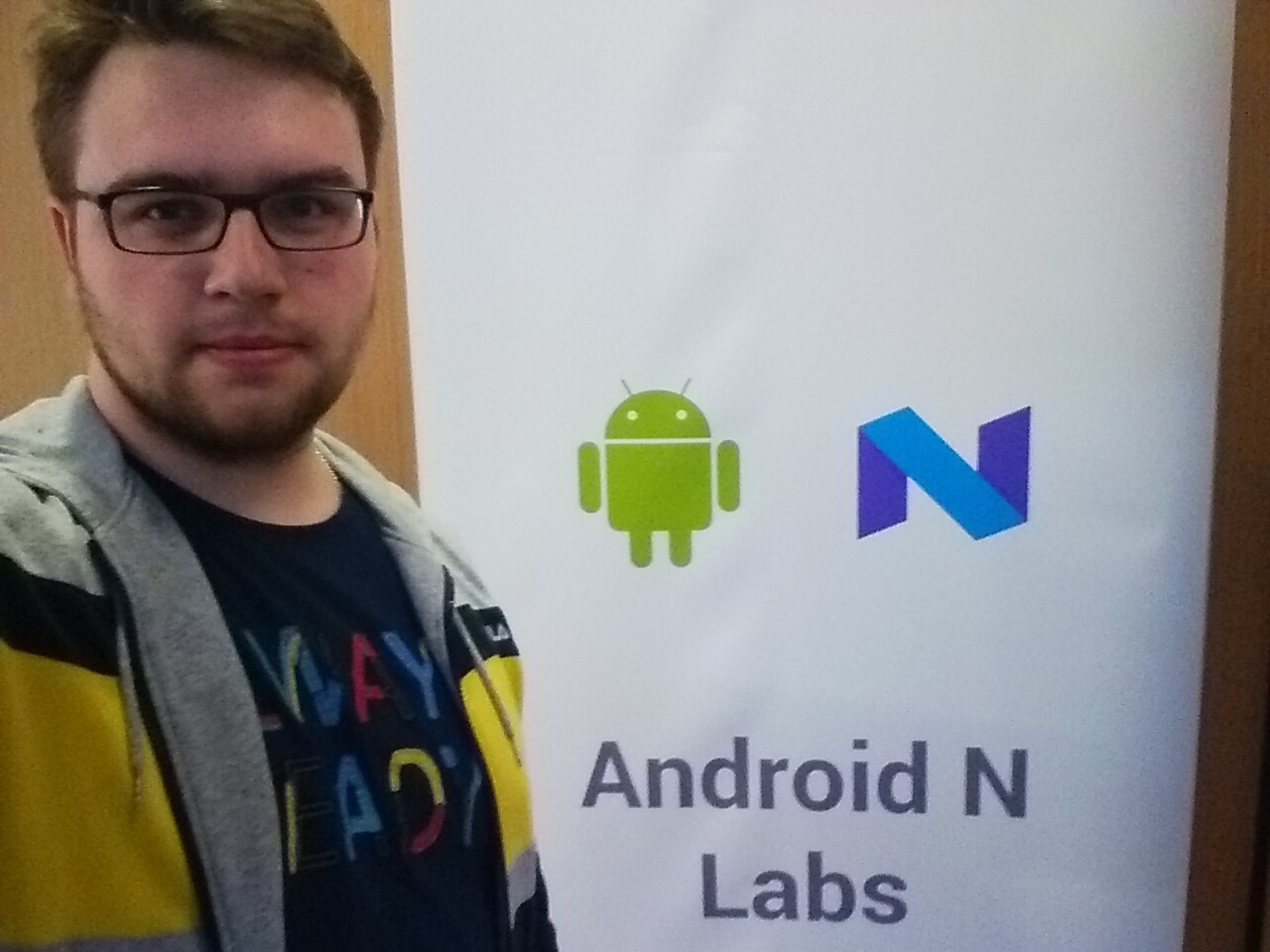
Recently, Google organized a two-day training on the new version of the Android system (under the letter N) for application developers. And I want to tell you how secret and not so much knowledge is shared with us.

The official name of the training was “Android N Labs”, I got on it as an Android GDE, but besides other GDE there were also representatives of some large software companies who became famous for their mobile applications. In total, about 100 people gathered - the audience gathered from all over Europe. Campus location - Campus London, this is coworking in the very center of London City, the event was held in a large conference room, where everyone was able to comfortably accommodate, the benefit of the seats was slightly more than the people who came.

')
According to the N Labs format, they resembled any IT conference: lecture sessions with short breaks. However, it was only on the first day. On the second day, the team of speakers arranged a large-scale Q & A, when you could ask literally everything you want, and they either answered you at once, or they wrote down the question and promised to answer when they figure it out.

The most interesting thing that happened at the event was, of course, the speakers and their reports. Google employees acted from both the London office and those who came from the Mountain View itself. Therefore, information could be obtained literally at first hand. After each session, there was a small (and for some topics - more than an hour) the time for Q & A. The audience gathered a great many questions about new features and even more about old ones. At the same time, the team of speakers apparently was expecting a reverse balance, so at some point Q & A developed into a feedback from the application developers to the platform developers.

During breaks in theory, it was possible to find a speaker on a specific topic and question him in more detail. In practice, the queue for the speakers was going to be like a mausoleum and to have time to ask something before the next report could only be reached by the third or fourth speaker. This complexity was compensated by several “office hours” on the second day, when the whole team did nothing to answer questions, so anyone could approach, tell or show their problem and get advice on how to solve it.

During the event, almost all the changes that will occur in the upcoming release of the platform were touched upon. Most of the information is already available to the general public . You can also take a preview version of the system and try new technologies today. However, I do not recommend to put a preview on your main device, because before the release bugs and unstable work of both the system and applications on it are possible.

Unfortunately, it is impossible to tell a lot about the topics of speeches and the content part, because the event was of a closed nature. However, some details still want to reveal.

Of the innovations, the most enthusiastic among the public was, undoubtedly, the Multi-window mode. This innovation allows you to simultaneously run two applications on one screen. Developers had many questions about changing the life cycle of a UI component and design to support the new mode. In general, it turned out that there are not so many changes for the developer, the main thing is to develop a design for small resolutions that were previously considered practically unused.

Also, the excitement caused reports about changes in Doze Mode, and the general approach to background-processes. In short - we are waiting for even more restrictions on how we can use the system while our application is inactive. It is highly recommended to use JobScheduler to perform background operations and not rely on Alarm and Broadcast Intents.
The third most popular report was a new runtime that combines the approaches of “Ahead of time” and “Just in time”. In the new version of the system, applications will not be fully compiled in advance (forget about the long wait each time the system is updated, this time is promised to be reduced by more than ten times). Instead, each application launch will be profiled, and information on the “hottest” parts of the code will be used for subsequent recompilation, the purpose of which is to optimize the application. As a result, the process should converge and the user will receive a fast application without excessively long waiting for installation.
In addition, there was a very interesting report on the new Java-compiler - Jack. This is a new technology that will allow you to compile DEX files right away, bypassing the intermediate .class artifacts generated by the current compiler. For developers, this also provides support for Java 8, however, some features will be implemented not quite in the same way as on other JVMs. For example, lambda functions will be represented by anonymous classes, with all the ensuing consequences.
The event turned out to be interesting and very unusual for me personally. It is not every day that there is an opportunity to talk face to face with the people who make the technologies with which you create applications. Many thanks to the GDE program for this opportunity!
Your humble servant

And his companion

Source: https://habr.com/ru/post/282143/
All Articles